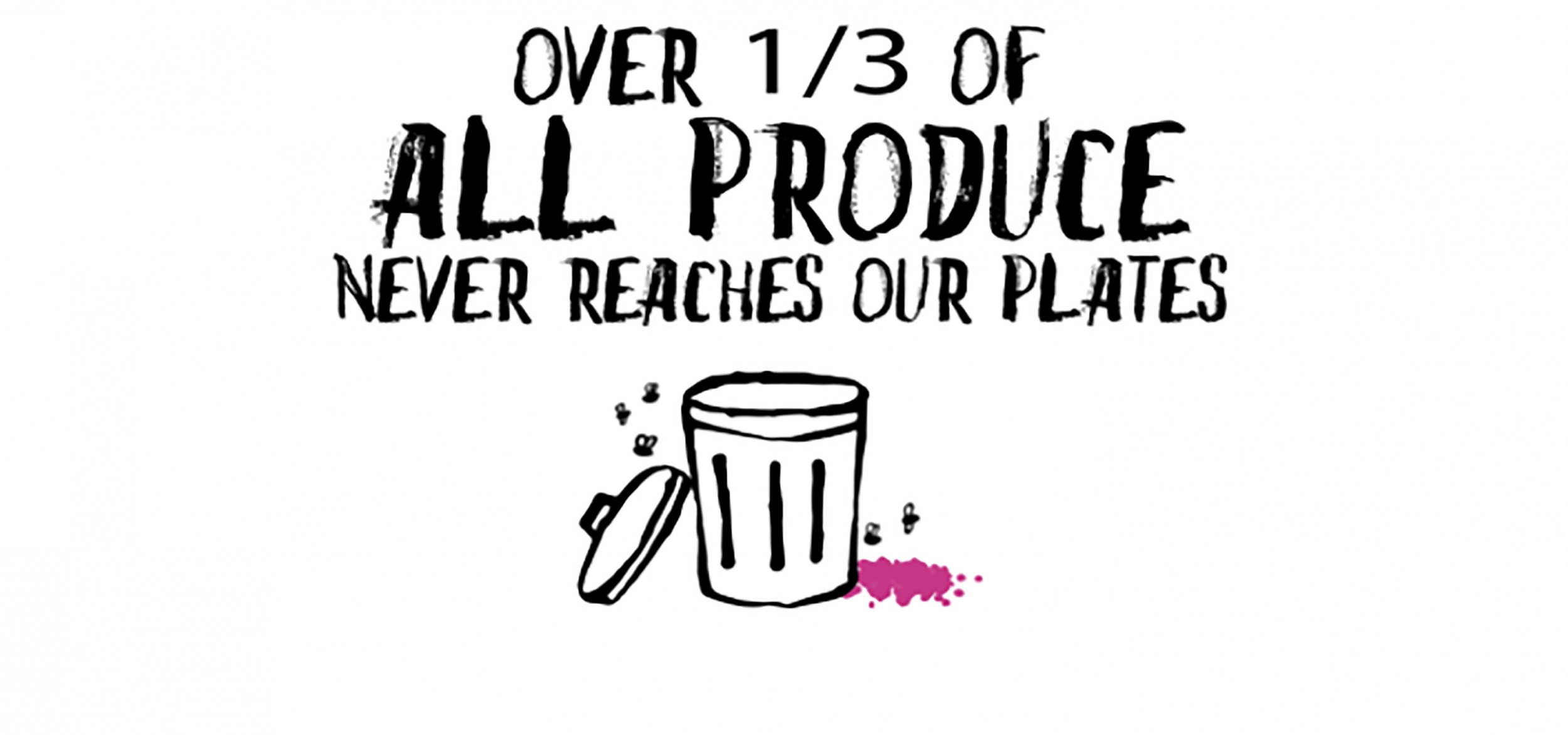Despite its global street food vibe and focus on fresh produce, Borough Market could easily be considered elitist for tagging salt-and-pepper squid at £9 a box. The cheese and the wines are similarly of the highest quality (we did wash down those chunky cephalopod rings with a fragrant cup of mulled wine once), but remain a bit of a paradox for anyone who might expect lower prices at a food market than, say, a Waitrose.
However, as with all things London, there's still exoticism in approach to cut through the generic. Stalls that produce food (very literally) for a cause have begun to show up beside fluffy pastry and shiny olives. Rainy English Saturdays are now easily warmed with a Piaggio tuk tuk run by homeless people who've been trained as baristas. Or a counter that sells relish made of food waste.
Change Please is a "mobile coffee van" that sells brewed coffee and tea, along with Guatamalan Santa Isabel, Tanzanian Itende and Ethiopian Sidamo for your kitchen shelf. The initiative is supported by The Big Issue, a newspaper published on behalf of and sold by the homeless. Change Please trains homeless individuals to become professional baristas who then operate out of the van or may be hired for events. Cups of coffee and tea are priced between £2-3 each.
Rubies in the Rubble grabs the issue of food waste out of its gloomy landfill and turns it into a positive, sustainable solution. "Although much of the discarded produce is perfectly edible, it's thrown away due to aesthetic imperfections, over-forecasted demand or inefficiency in storing & distributing," their website says. "Beautiful mangoes, cranberries & tomatoes all headed for landfill, often because they simply didn't look right."
In the same vein, Selfridges recently ran a food waste pop-up named wastED in collaboration with Blue Hill restaurants from New York. Held on the Selfridges rooftop, wastED got guest chefs from across Europe to contribute waste-based dishes to the menu. The team hosted lunch, afternoon tea and dinner.
Meanwhile, there have also been projects that merge both the cause of fighting food waste and that of helping those in need. Evening Standard chairman Justin Byam Shaw set up The Felix Project to collect surplus fresh produce from supermarkets and transfer it free of cost to charities that help produce meals for destitute Londoners. Sit-down meals are the norm, which, beyond just food, offer a sense of community and a setting for conversation to otherwise lonely individuals.
Being able to resolve world hunger has become an ironic figure of speech rather a serious goal to work towards. But with genuine, altruistic initiatives such as these, we hope more kind hearts are encouraged to contribute to an ocean that otherwise seems too daunting to approach.
With inputs from Torie True.




